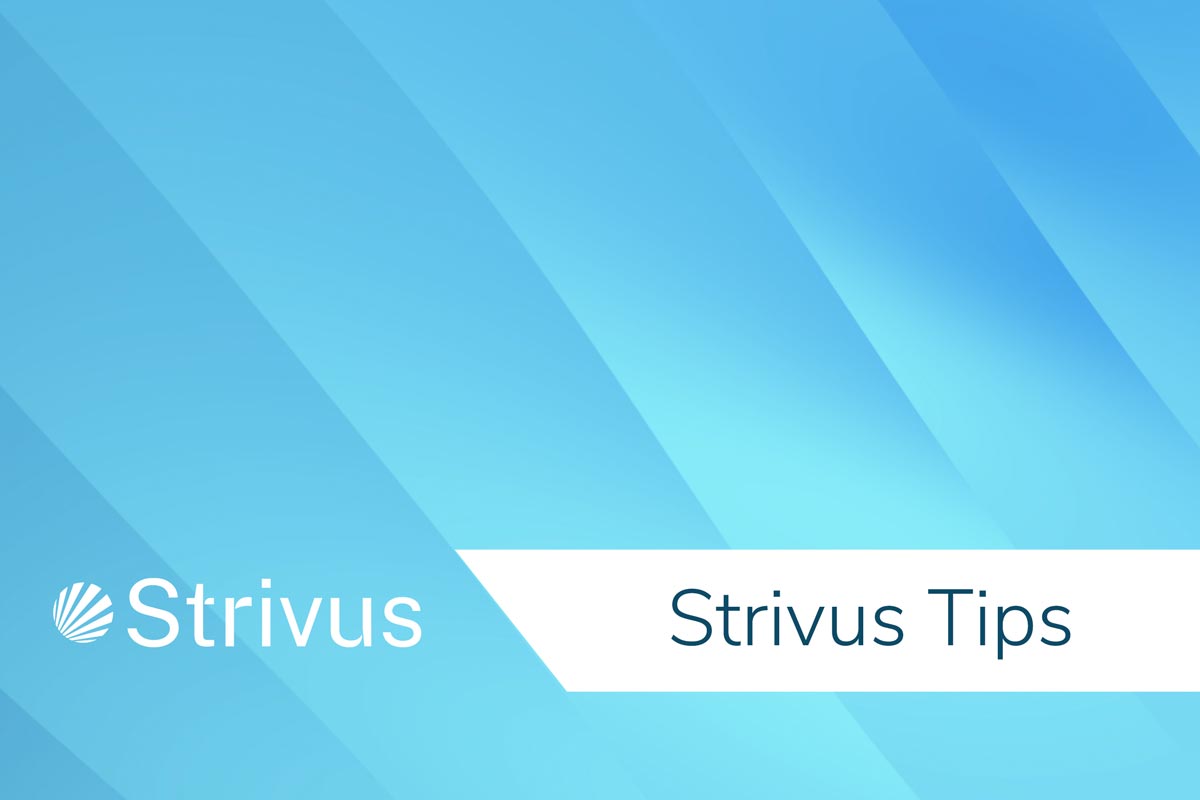Education

Be Responsible for Your Advisor Relationship

Becoming a responsible Client is partly about your financial advisor, who must (but may not) be honest, but the onus is on you, the Client, who must remain alert. Looking out for Number One (that’s you, the Client) requires attention. While realizing an appropriate return on your investments over time is the important objective, not getting ripped off is critical. And avoidable. Learning how not to be ripped off is mostly up to you; how you handle your relationship with your advisor will determine your eventual outcome.
Your first responsibility is in selecting an appropriate advisor for your needs. If you are deeply involved in trading individual stocks, a stockbroker with a reputable Brokerage Firm may be right for you. However, if you are interested in comprehensively planning your entire financial life, you should seek an advisor with a broad knowledge of topics. Insurance Planning, Tax Planning, Investing, Estate Planning, Cash Flow Planning, College Funding, and Retirement Income Planning are important components of a lifetime financial plan. Advisors capable of participating in and coordinating all of these must-have special skills and credentials. To assure that you are dealing with highly a trained and knowledgeable advisor, look for the Certified Financial Planner®, or CFP®, credential.
Advisors are compensated through commissions and/or fees, and a good Client needs to understand the compensation formula for any advisor being considered. Fee-only advisors are fiduciaries, meaning that they must place Clients’ interests ahead of their own. Accepting the serious responsibility of becoming a fiduciary eliminates commissions from consideration. True fiduciaries are fee-only (not to be confused with “fee-based”). Potential Clients should be aware of the difference, and only interview advisors who actually operate within your desired business model.
Regardless of the type and style of a potential advisor, the second criteria for a good Client is to understand that they should never write a check to the individual advisor. The advisor’s Custodian (any of a number of large, well-known companies that are in business to hold assets and perform transactions) should be the recipient of all funds and will retain all accounts and assets. Accounts opened must be shown under your name on the custodian’s webpage, which must remain accessible by the Client from any web browser at all times. Monthly statements, confirmations, etc. should only come from the custodian and must be timely.
Not getting scammed is vital to success. Most scammers are not as sophisticated as Bernie Madoff, but some are pretty darn smooth. Don’t fall for obvious “sounds too good to be true” promises, which are all-too-often camouflaging fraudulent schemes. Stick with investments you understand and can monitor, watch for unusual transactions, and avoid getting stung by the handful of criminal so-called financial advisors. Remember, it’s your money. Treat it appropriately, and it will pay you back for a lifetime.
Van Wie Financial is fee-only. For a reason.
